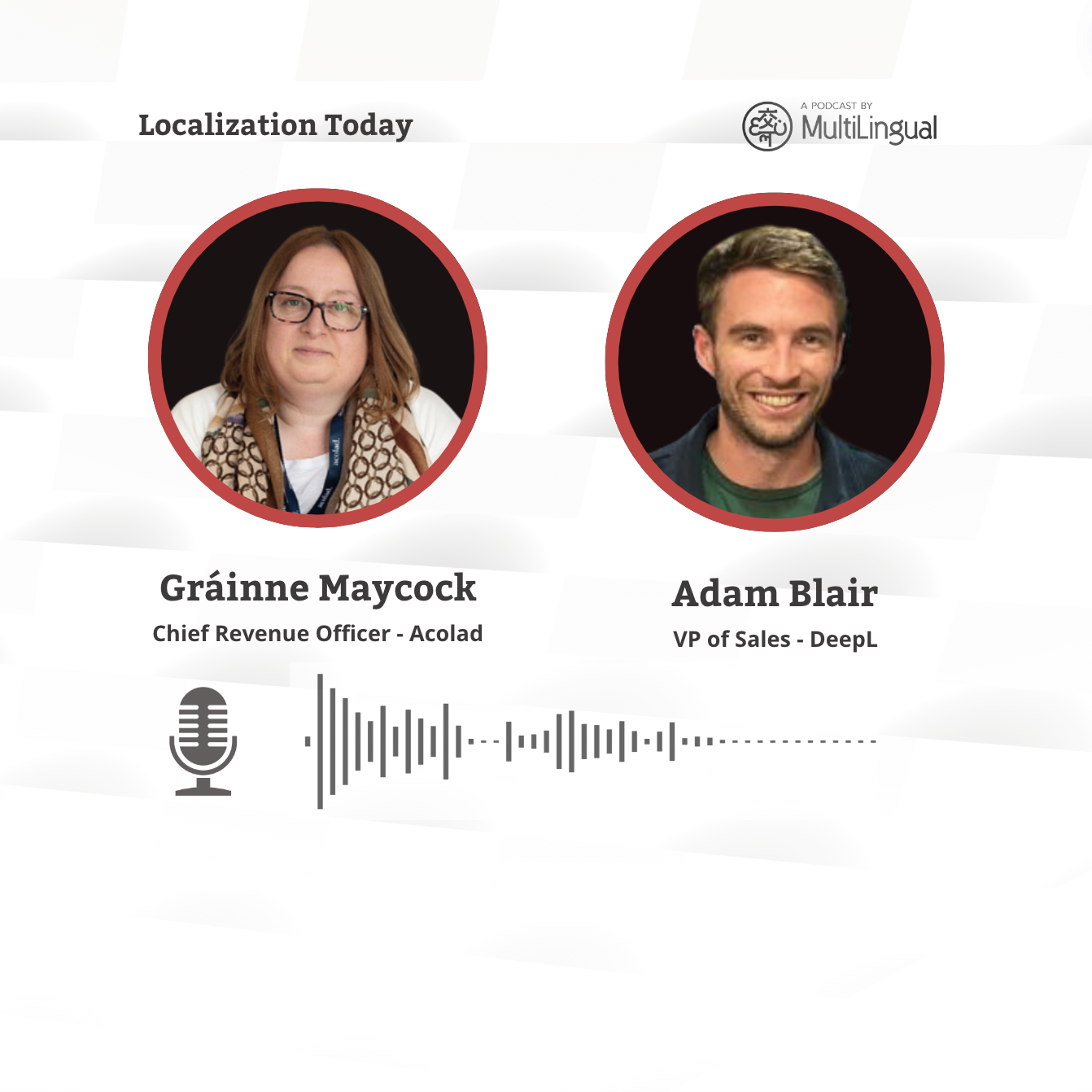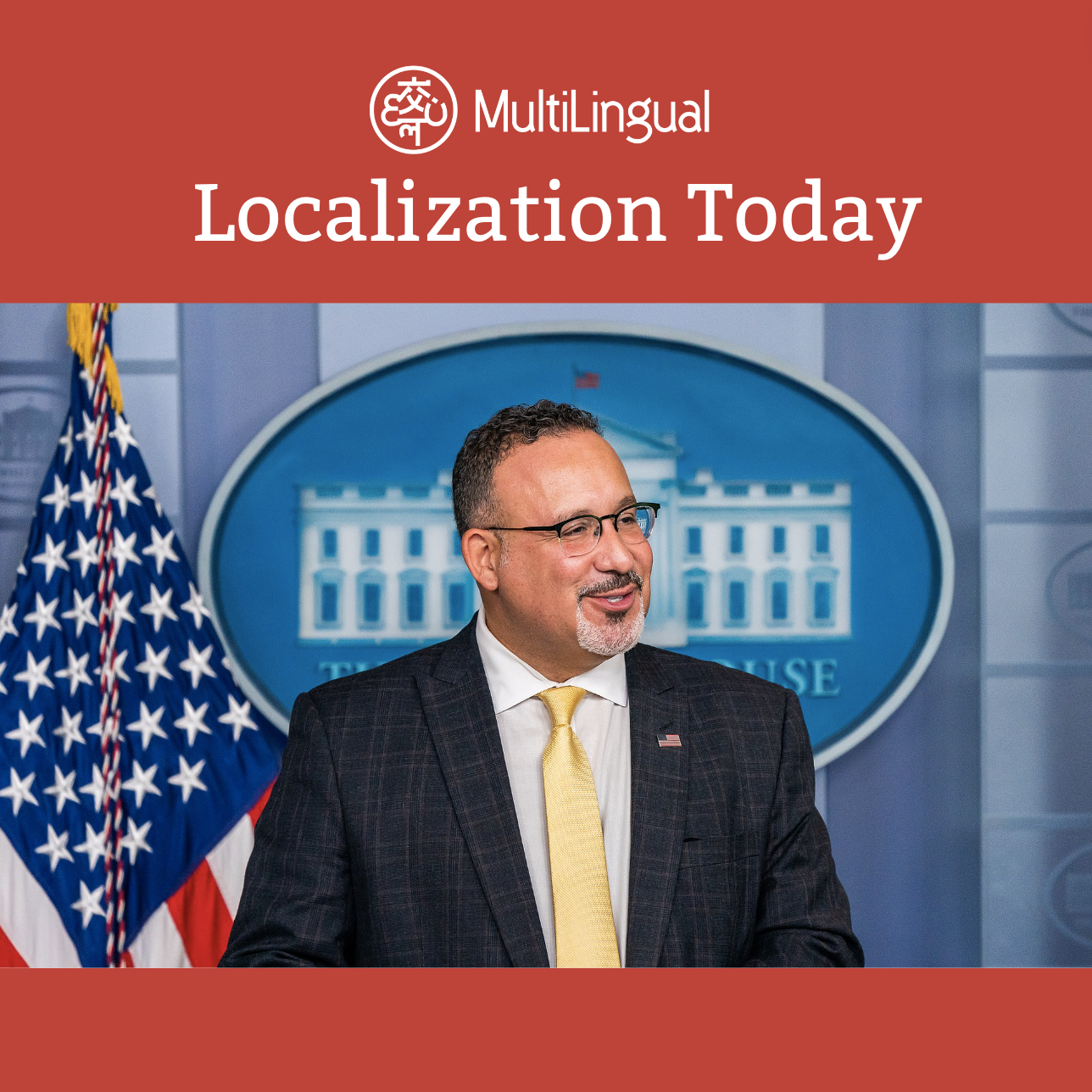Researchers at New York University have found that the English word “people” may not be as gender-neutral as you might think.

Gráinne Maycock, Chief Revenue Officer at Acolad, and Adam Blair, VP of Sales at DeepL talked about their most recent partnership.

On Tuesday, the United Nations Educational, Scientific and Cultural Organization (UNESCO) celebrated International Mother Language Day with a series of panels on multilingual education.

The DOE’s Office of English Language Acquisition has spearheaded the National Professional Development (NPD) program to build, strengthen, and support a nationwide network of...